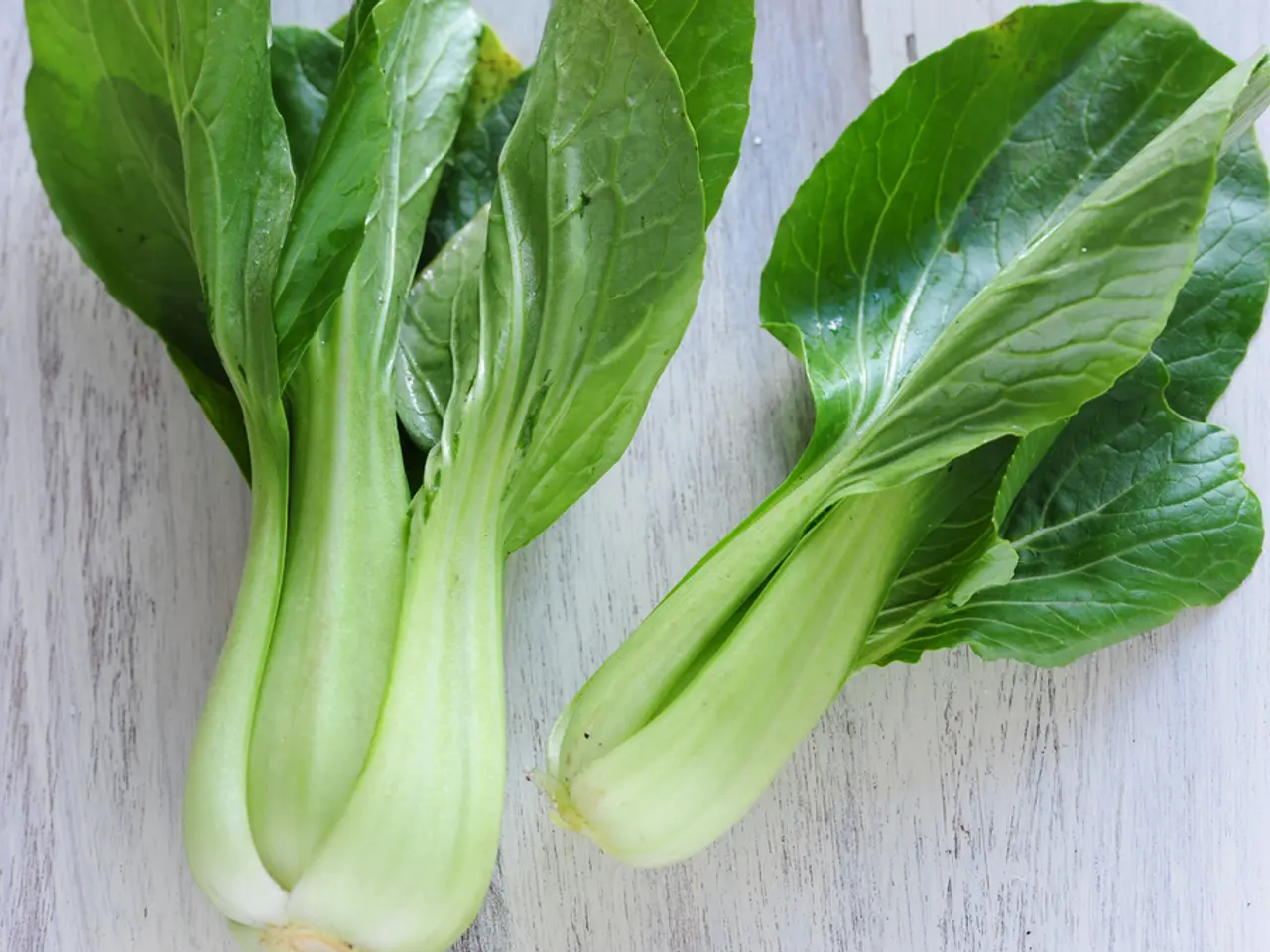Explanation of Why Beans Result in Gas Buildup
Beans and legumes, staples in many healthy diets such as the Mediterranean, are rich in nutrients and offer potential anti-inflammatory benefits. However, they are also known for causing gas and bloating, which can be uncomfortable for some individuals. In this article, we explore effective strategies to reduce gas production and unpleasant odours when consuming beans, legumes, and canned carrots.
Key practical steps include:
- Soaking beans overnight and discarding the soaking water before cooking. This simple step can remove about 25–40% of oligosaccharides, the complex sugars responsible for gas [1][2][4].
- Rinsing thoroughly after cooking or when using canned beans helps to reduce residues that cause gas [2][4].
- Adding digestive spices and herbs while cooking can aid digestion and reduce flatulence. Some examples include cumin, coriander, and asafoetida (hing)—used in Indian cuisine—epazote, a Mexican herb specifically used to reduce gassiness in beans, and kombu seaweed, which is used in Japanese cooking and contains enzymes that help pre-digest oligosaccharides [1].
- Cooking beans thoroughly also aids digestion and reduces flatulence [4].
- Incorporating herbs and spices that support digestion and reduce bloating, such as fennel, peppermint, ginger, turmeric, and chamomile, may help relax intestinal muscles and ease gas passage, reducing discomfort and odour [5].
- If you're new to consuming beans, introduce them gradually into your diet, allowing your gut bacteria to adapt and reduce gas production over time [3].
- For those experiencing persistent gas, consider a low-FODMAP diet approach, which involves reducing foods that ferment heavily in the gut, including some legumes [5].
Canned carrots generally cause less gas, but rinsing them before eating may help reduce any additives that contribute to bloating.
Simethicone, an over-the-counter medication, can help reduce bloating, discomfort, and pain caused by gas. However, it's important to consult a healthcare provider or pharmacist before starting any over-the-counter gas-minimizing medications, as it can decrease the absorption of some prescription medications, such as thyroid medications like levothyroxine [6].
By following these methods, you can significantly reduce both the volume and odour of gas produced when consuming beans and legumes without removing their nutritional benefits [1][2][4][5]. So, continue enjoying these nutritious foods and find out which beans suit you best to avoid gas-related issues.
- Soaking beans overnight and discarding the soaking water before cooking can remove a significant amount of oligosaccharides, reducing gas production.
- Rinsing canned beans thoroughly before eating can help diminish residues that cause gas, contributing to a more comfortable experience.
- Spices and herbs like cumin, coriander, asafoetida, epazote, kombu, fennel, peppermint, ginger, turmeric, and chamomile, when added during cooking or used after meals, can aid digestion, reduce flatulence, and alleviate discomfort.
- Incorporating a low-FODMAP diet, which reduces foods that ferment heavily in the gut, could help alleviate persistent gas issues for some individuals.




